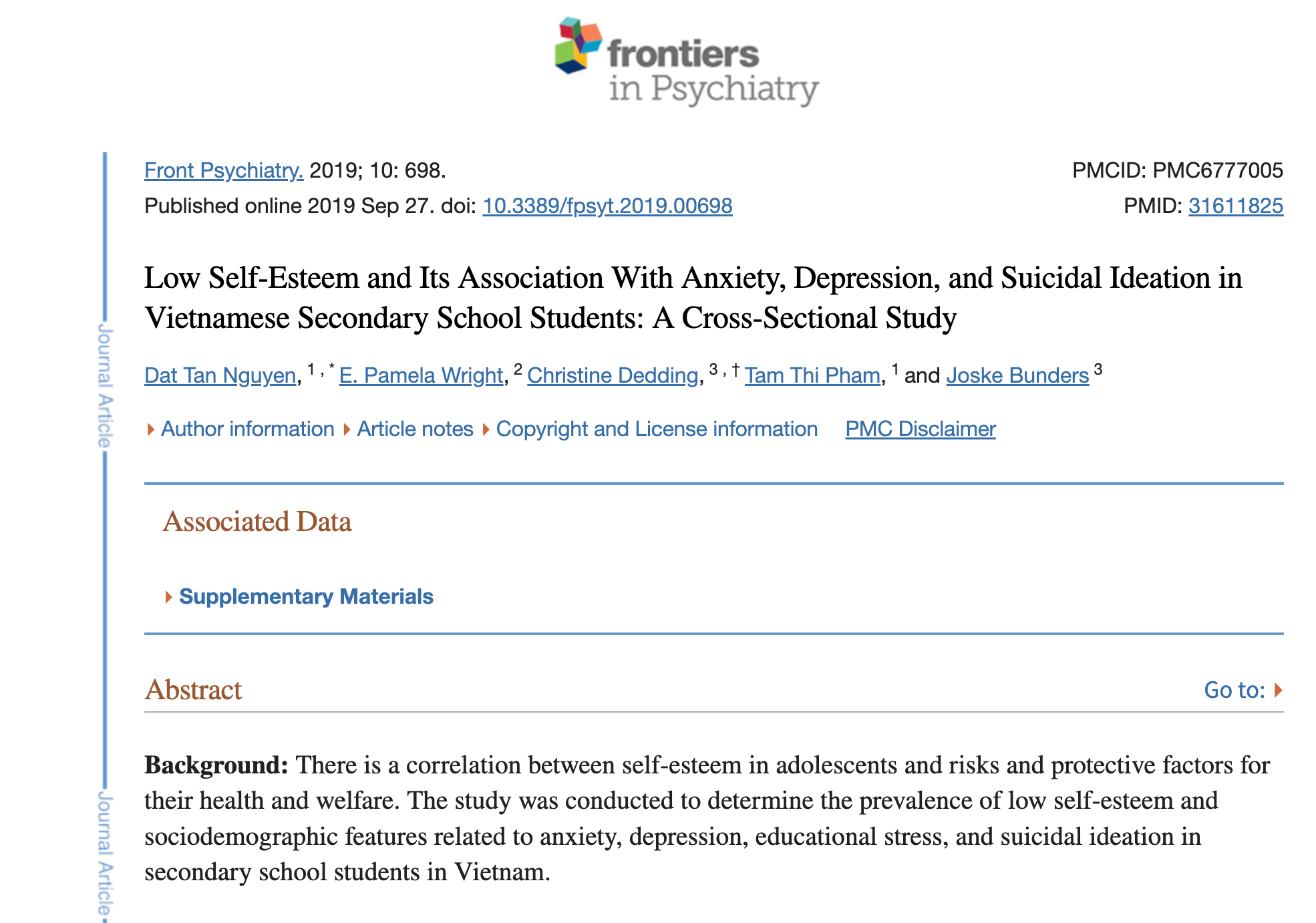
Menu

Ever found yourself lying awake at night, replaying a conversation over in your mind, fretting about what someone else might think of you? Or maybe you’ve caught yourself hesitating before making a decision, worrying about how it’ll be perceived by others. If so, you’re not alone.
The search for how to stop caring what other people think is a common quest among many of us, reflecting a deep-seated desire to find peace and confidence in our skin. The pain point here is real and it’s universal; it’s that gnawing feeling of anxiety and doubt that creeps in when we give too much power to the opinions of those around us.
It can stop us in our tracks, making us second-guess our choices and, in some cases, even our worth. But here’s the good news: there’s a way out of this cycle of concern and it starts with understanding why we’re so affected by others’ thoughts in the first place.
With years of diving deep into self-improvement topics and countless conversations with people who’ve successfully navigated this journey, I’m going to share with you what has helped me stop caring what others think, and ultimately, improve my happiness.
Caring about other’s opinions is hardwired into our brain. Whether it’s a lingering look, a passing comment, or even the lack of an expected like on social media, these moments can spiral into full-blown worries, impacting how we see ourselves and the choices we make. Why do these external validations hold so much power over us?
Through my experience and research, I’ve come to understand a few core reasons behind this. One major factor is our social conditioning. From a young age, we’re taught to seek approval—from our parents, teachers, and peers. It’s a survival mechanism of sorts, wired into our brains to ensure we fit into our communities. But as we grow, this quest for approval can sometimes overtake our own voice, drowning out our inner needs and wants.
There are many other factors as well: low self-esteem, a lack of confidence, or a lack of close relationships. It’s key to reflect on why you overly value people’s opinions and create a plan for improvement (more on that later).
Hey, nobody’s perfect. I’ve spent time valuing the opinions of others too much when I was younger just like you. While it’s fine as a healthy adult to accept constructive criticism and be empathetic, there are downsides to overly worrying about how others see us.
For instance have you ever noticed how stressing over others’ opinions can stress you out? This constant worry about how we’re perceived can lead to a spectrum of negative outcomes, from mild anxiety to crippling fear that hampers our ability to make even the simplest decisions.
Beyond that, it can limit our personal growth. When we’re too focused on pleasing others or fitting into their molds, we lose sight of who we are and who we want to become. Our personal goals, passions, and unique perspectives can get buried under the weight of external expectations, stifling our development and leading us down a path that may not align with our true selves.
Next, let’s talk about how you can start being more confident and not let others’ views bring you down.
These are science-backed strategies to stop caring what other people think of you. Try them out and reclaim your authenticity.
First off, let’s talk about self-awareness. This journey begins with getting to know yourself on a deeper level. It’s about asking the hard questions: What are my values? What truly matters to me? When you start to uncover these truths, you realize that the opinions of others hold less weight compared to your own principles and desires.
A simple yet powerful exercise I often recommend is journaling. Write down your thoughts, fears, and dreams. This practice can help clarify what’s truly important to you, separating the noise from your inner voice.
You can even use a journalling app like Journey to put all of your thoughts and feelings in one place.

Don’t overthink it. Just start writing. Elaborate about whatever is on your mind nad use some of the questions I mentioned as prompts. I’ve found this to be a great way to understand myself deeper.
Building self-confidence is another key step in this process. It’s about acknowledging your worth and capabilities. Remember, confidence doesn’t mean believing you’re better than others; it’s about recognizing your value just as you are.
How do you do that? Celebrate your small victories, accept compliments gracefully, and don’t shy away from setting challenges for yourself. Each step forward, no matter how small, is a building block in constructing a robust sense of self.
These practices build up your self-worth and self-esteem. Both of which are directly associated with your mental well-being and conditions like anxiety.

This was one of my biggest struggles as I got into adulthood. I wasn’t good at setting boundaries with others and sticking to my values. That’s a recipe for low self-esteem and caring what others think.
The Vanderbilt University Medical Center describes boundaries as:
It’s okay to say no or to distance yourself from situations or people that drain your energy or undermine your self-esteem. Boundaries are not barriers to keep people out; they’re guidelines that help others understand how to treat you with respect. Learning to assertively communicate your needs and limits is a skill that benefits every aspect of your life.
And, as a result, you start to value your own opinion of yourself more than what strangers or friends/family think. Again, it’s good to understand how others view the world and be empathetic, but there’s a clear line when it starts to bring you down.
Mindfulness has been one of the most life-changing pursuits in my life. When we’re present in the moment, we’re not dwelling on past criticisms or worrying about future judgments.
Mindfulness teaches us to observe our thoughts and feelings without attachment, recognizing that other people’s opinions are just that: opinions. They don’t define your worth or reality. Acceptance doesn’t mean resignation; it means acknowledging your current state and knowing that you have the power to evolve.
I can’t recommend enough that you read the books Power of Now and A New Earth by Eckart Tolle. They are the go-to resources for learning how to be present and use the mind as a tool instead of letting it control your life.
Lastly, finding your tribe can change everything. Surround yourself with people who uplift you, share your values, and encourage you to be your best self. These relationships should feel easy and supportive, not like you’re constantly trying to prove your worth. A true tribe will celebrate your successes and stand by you during your struggles.
I’ve experienced both sides of the coin. I had friends when I was younger who were negative, discouarging, and brought me down. They were bad influencers and it took me years to finally take space away from them.
I can’t tell you how much more happiness and success have come into my life by spending with time like-minded ambitious people. You might be thinking, “Where do I meet these kinds of people?” and I have two strategies.
Firstly, start networking and connecting with others as a lifestyle. In line for coffee? At the gym? At your workplace? Socialize. Get out there and start shaking hands and you never know what kind of friends you’ll make unexpectedly.
Secondly, you should be assertive and attend events and conferences in your area. Get into the habit of attending one per month to begin and this is a guaranteed way to make great connections.
It’s not easy. I know. Caring about people’s opinions can bring a lot of negativity and grief into your life. It can stem from low self-esteem, a lack of confidence, or how you were brought up.
Fortunately, there are steps you can take to reclaim your confidence and authenticity. Here’s a recap from today’s article:

Carmine Mastropierro is a self-development coach who helps people become the best version of themselves. He also teaches marketing and entrepreneurship on his other website.